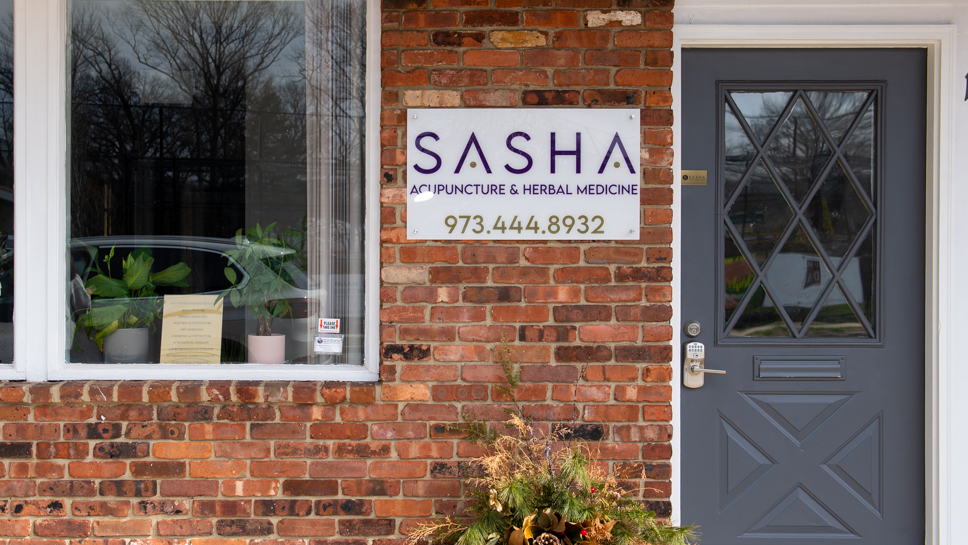From the vantage point of Chinese Medicine, sleep is one of the cornerstones of good health. As important as the food we eat and the air we breathe, sleep can nourish us, repair damage and return balance. When sleep is disturbed, when inadequate in length or quality, the body will compensate as long as it can, but then it will slowly deteriorate into disease.
It is vital for our health that we leave adequate time for sleep and do not steal time from it for other activities. A few tips for good sleep hygiene can make a tremendous impact on the quality of sleep we experience every night.
During a typical consultation with a Traditional Chinese Medicine practitioner the following questions will be asked:
1. How many hours per night do you sleep?
2. What is your bedtime?
3. Do you have problems falling asleep?
4. Do you have trouble staying asleep?
5. Do you wake up during the night? Is there a specific time that you always seem to wake up?
6. Do you fall back to sleep easily or have troubles and stay up?
7. Do you feel rested when you wake up?
The answers to these questions, together with the rest of your health history, pulse and tongue diagnosis will help formulate a diagnosis. Although insomnia in Western Biomedicine is a catchall term; in Traditional Chinese Medicine it is a much differentiated diagnosis and treatment can be varied depending on the root cause.
Some of the universal points used to calm the nervous system and bring on more parasympathetic dominance (most of us spend most of our time in over-active sympathetic nervous system state) are:
Heart 7 – Shen Men or Spirit gate
Pericardium 6 – Nei Guan or Inner Gate
Lung 9 – Tai Yuan or Great Abyss
Together these 3 points constitute a treatment group that is often referred to as Buddha’s triangle.
Ear Shen Men
Ear Point Zero
Performing acupressure on these points before sleep or whenever you are under stress can bring calmness and relaxation.
It is vital for our health that we leave adequate time for sleep and do not steal time from it for other activities. A few tips for good sleep hygiene can make a tremendous impact on the quality of sleep we experience every night.
- Observing natural rhythms and trying to go to sleep and wake up at the same time
- 2 hrs before sleep time discontinue use of any electronic devices (TV, phone, tablet, computer)
- Sleeping in a darkened room with no night lights
- Considering the effect of EMF (electro-magnetic fields) on the quality of sleep
- Ideally not eating 2 hrs before sleep time
- Limit the use of alcohol – while 1 glass of wine might relax you, a few more may bring on fitful sleep with a loss of REM sleep
- Depending on your tolerance level, limit caffeine intake (this includes black & green tea) or completely avoid it after 2pm (if your sleep time is around 10pm or 1-2 hrs later)
During a typical consultation with a Traditional Chinese Medicine practitioner the following questions will be asked:
1. How many hours per night do you sleep?
2. What is your bedtime?
3. Do you have problems falling asleep?
4. Do you have trouble staying asleep?
5. Do you wake up during the night? Is there a specific time that you always seem to wake up?
6. Do you fall back to sleep easily or have troubles and stay up?
7. Do you feel rested when you wake up?
The answers to these questions, together with the rest of your health history, pulse and tongue diagnosis will help formulate a diagnosis. Although insomnia in Western Biomedicine is a catchall term; in Traditional Chinese Medicine it is a much differentiated diagnosis and treatment can be varied depending on the root cause.
Some of the universal points used to calm the nervous system and bring on more parasympathetic dominance (most of us spend most of our time in over-active sympathetic nervous system state) are:
Heart 7 – Shen Men or Spirit gate
Pericardium 6 – Nei Guan or Inner Gate
Lung 9 – Tai Yuan or Great Abyss
Together these 3 points constitute a treatment group that is often referred to as Buddha’s triangle.
Ear Shen Men
Ear Point Zero
Performing acupressure on these points before sleep or whenever you are under stress can bring calmness and relaxation.

